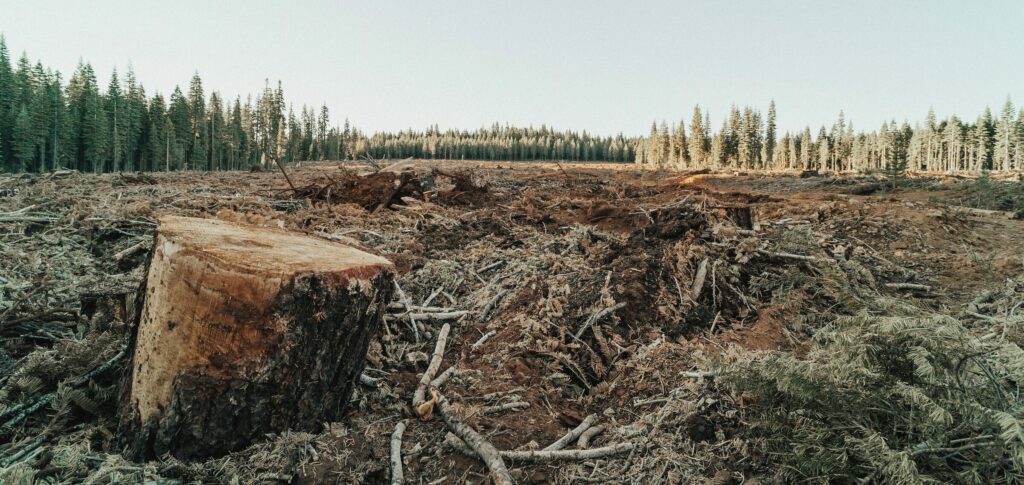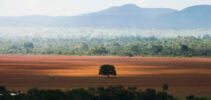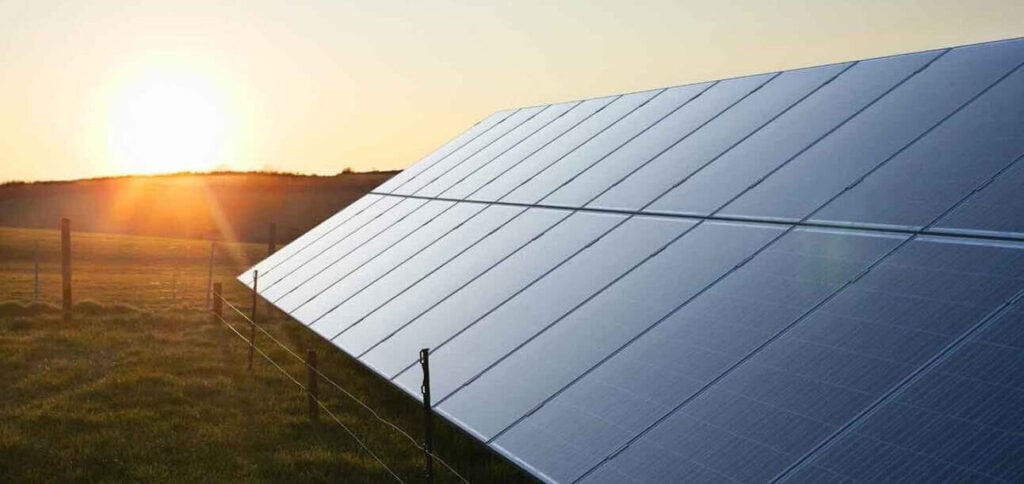Meeting in Strasbourg, MEPs adopted, by a large majority, their position on this text from the European Commission, which must still be negotiated with the Member States.
ADVERTISING
At the origin of 16% of global deforestation through its imports, the EU is the second largest destroyer of tropical forests – behind only China – according to the environmental protection NGO WWF.
To limit this impact, the Commission proposed, at the end of 2021, a ban on imports into the EU of six products (soy, beef, palm oil, wood, cocoa and coffee and associated products such as leather or furniture) if the its production comes from land deforested after December 2020.
The text voted by MEPs this Tuesday (13) goes further. The following were added to the list of banned products: pork and lamb, poultry, corn, charcoal, paper and above all rubber – the cultivation of which threatens the forests of West Africa.
ADVERTISING
Parliament also wants the ban to apply to deforested land “after December 31, 2019”, one year before.
"Balance"
In practice, importing companies will be responsible for their supply chain, and traceability can be exercised through crop geolocation data and satellite photos.
They will have to declare this data to the States, which will be able to verify compliance with the rules.
ADVERTISING
Violators will face fines proportional to environmental damage.
The level of demand charged to importers would vary according to the risk of deforestation in the producing region.
“We must find a balance between our ambition and the applicability of the rules”, explained Christophe Hansen, rapporteur of the text, who expects “difficult negotiations” with the States.
“If we set the bar too high, the targeted products will be produced in the same way and will continue to be exported to other markets”, declared Hansen.
ADVERTISING
Parliament also voted to impose “additional requirements” on financial institutions so that their loans and investments do not contribute to deforestation.
Moreover, rejected the changes that proposed expanding the scope of the text to other threatened ecosystems (savannas, wetlands, pampas, etc.), appealing only for a “review clause” that could allow this point to be reviewed next year.
“This text will not protect the Congo peatlands, nor the Brazilian Cerrado destroyed by soy production (…) The road is long”, said MEP Marie Toussaint.
ADVERTISING
Read also
(With AFP)





